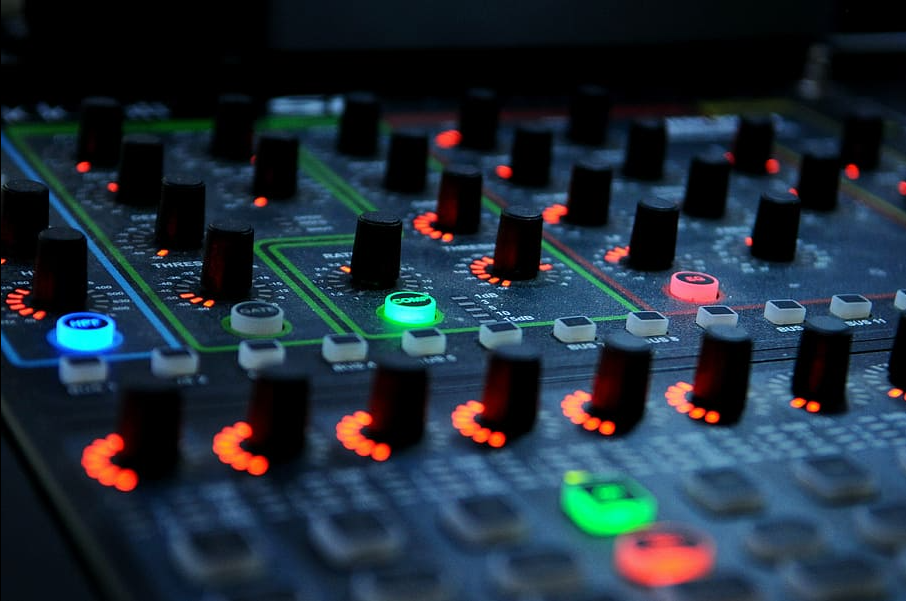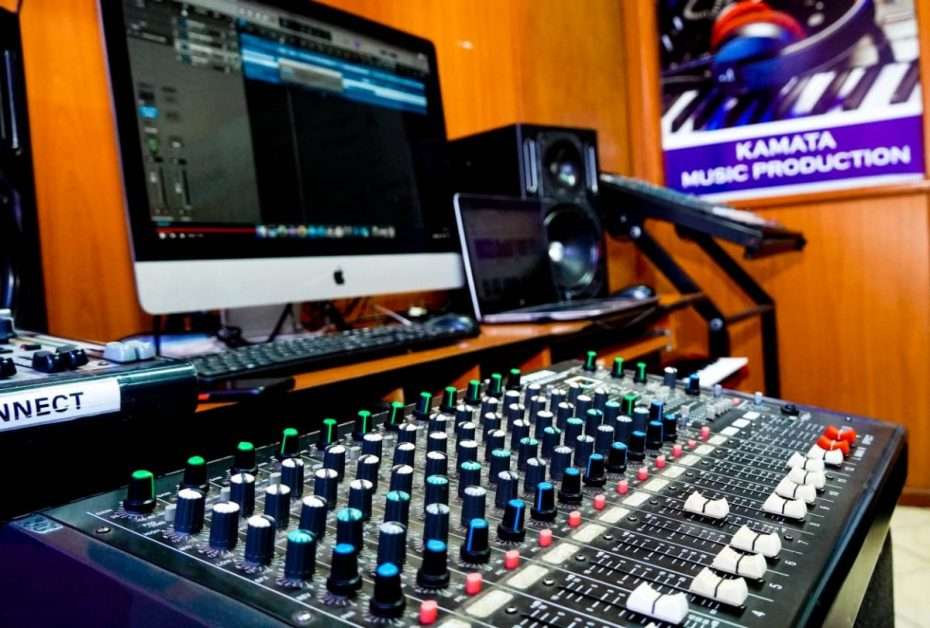
Sound Engineering Career In Kenya
Sound Engineering Career In Kenya

Sound engineering
Sound engineering plays a critical role in the entertainment industry. Think of a concert that left you overwhelmed, a film that has an impactful background, or maybe an event that gave you goosebumps. You may also think of a song that has a quality sound.
Sound is an important aspect of our lives and the entertainment industry, yet it’s often unnoticed. The sound makes films, songs, and events a hit. Quality sound is important for artists and events. That is to say, without sound, there is no entertainment.
What is Sound Engineering?
Sound engineering is the process of creating and manipulating sound. This process uses a variety of mechanical equipment and digital devices. The person doing all of these is called a Sound Engineer.
Sound engineers work on live events. In the live event context, the sound engineers are responsible for doing sound set-up. Furthermore, they do mic checks, combining signals from different instruments and microphones, making a mix for the audience and performers to listen to.
Working as a sound engineer is not only for events and recording studios. You can also work in areas like
- The sound effects and soundtrack of a film are created in different film production stages. Movie theatres use sound designers to create audio tracks for their films.
- Broadcasting departments use audio engineers to create the sound for television programmes.
- Colleges and universities teach students about audio engineering so that they can become teachers themselves who provide quality audio services to the public.
- Live theatre companies use live sound managers to ensure that all audio equipment is running correctly throughout each performance.
Responsibilities of a Sound Engineer.
You might use software programme tools, techniques, tools, and equipment to complete your work as a sound engineer. A sound engineer might perform some of the following tasks:
- Communicate with the performers, director or producer to understand their artistic vision and contribute your own creative ideas
- Design, set up and test audio equipment.
- Conduct individual recordings of each instrument and vocal in a studio aspect.
- Do sound checks in front of an audience and the stage monitor for the performers during the performance in live sound
- Use a mixing console during the performance to create a live mix.
- After the performance or studio session, dismantle all audio equipment and report any faults.
Skills That You Need For Sound Engineering
-
Communication Skills
Sound engineers are responsible for making sure that the communication between all parties involved in a production is open, positive and constructive. It includes maintaining open lines of communication with performing artists, audio techs, stage managers, directors and producers.
-
Active Listening
The sound engineer must read the room. They can watch their audience and understand whether the sound is audible. By actively listening to colleagues and understanding their points of view, the sound engineer can hear and fix any errors.
-
Problem Solving
Every live show will encounter problems. The electricity on the stage might be off, an amp might not be working properly, or a sound technician might have to make a quick adjustment. Sound engineers must identify the problem and work quickly to solve it, even with the most complex issues.
-
Flexibility
Sound engineers must be flexible and open to change as the situation changes. Having an open mind, being receptive to change, and being able to adapt quickly are ways for the sound engineer to be flexible during a live show.
-
Teamwork
Teamwork is the key to success. Sound engineers are responsible for leading the team to a successful live show from start to finish. Part of this job involves delegating tasks to others on the team, so everyone can work together and get more done in the process.
-
Organisation
Live shows can get disorganised, and a sound engineer is responsible for keeping things running smoothly. The sound engineer must keep a schedule with deadlines, declutter regularly, and keep only what is needed for the live show. Everything should be in its proper place …
Career Aspect Of Sound Engineering
A sound engineer’s career path is rarely linear, but you’ll likely start as a runner or technical assistant, work your way up to the level of an engineer, and specialise in either live or recorded sound. From there, you could move on to a senior engineer position, setting up your own studio or working for someone else. Some sound engineers end up becoming studio managers, too.


0 comments
Write a comment